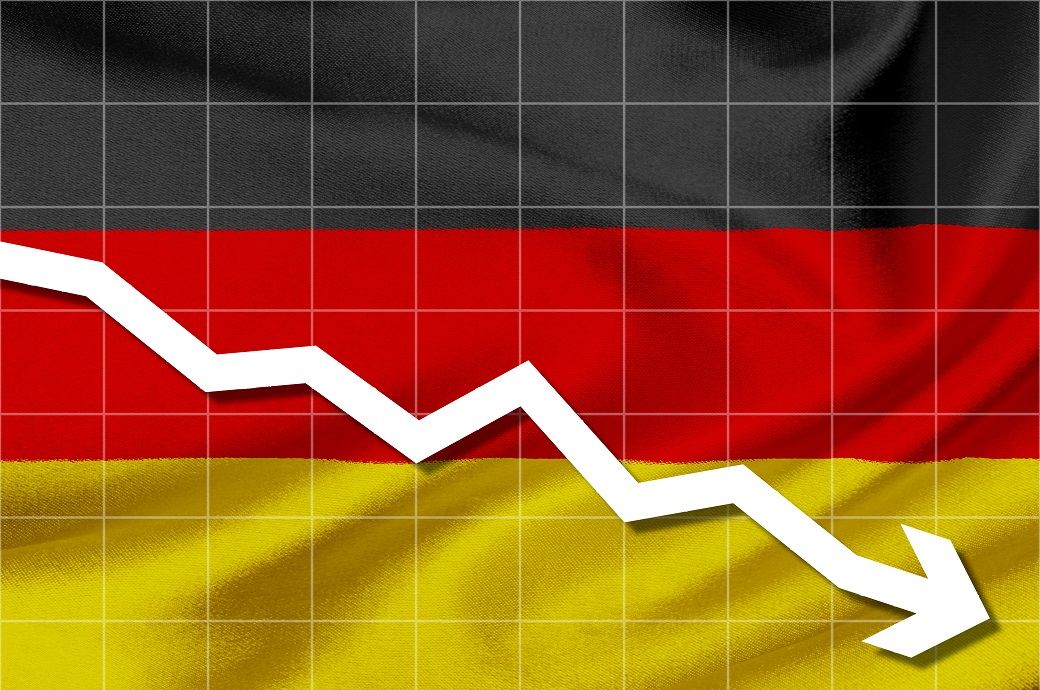
In contrast, evaluations of the current economic situation have seen a slight improvement. The corresponding indicator for Germany rose by 6.4 points to reach minus 81.2, though it remains firmly in negative territory, ZEW said in a press release.
“The erratic changes in the US trade policy are weighing heavily on expectations in Germany, which have sharply declined. It is not only the consequences the announced reciprocal tariffs may have on global trade, but also the dynamics of their changes, that have massively increased global uncertainty. The economic expectations for Germany and the Eurozone reflect this development,” said Achim Wambach, phD, president at ZEW.
Export-intensive sectors, such as the automobile and chemical industries as well as the metal, steel and mechanical engineering sectors, which recently enjoyed improved prospects, are affected. A risk of a new spike in inflation in Germany and the eurozone is currently not perceived by financial market experts.
The sentiment of financial market experts regarding the eurozone’s economic outlook has also taken a sharp downturn, with the indicator dropping by 58.3 points to stand at minus 18.5 points. The evaluation of the current economic situation in the euro area has also worsened, though less significantly, declining by 5.7 points from March to reach minus 50.9 points, added the release.
ALCHEMPro News Desk (SG)
Receive daily prices and market insights straight to your inbox. Subscribe to AlchemPro Weekly!